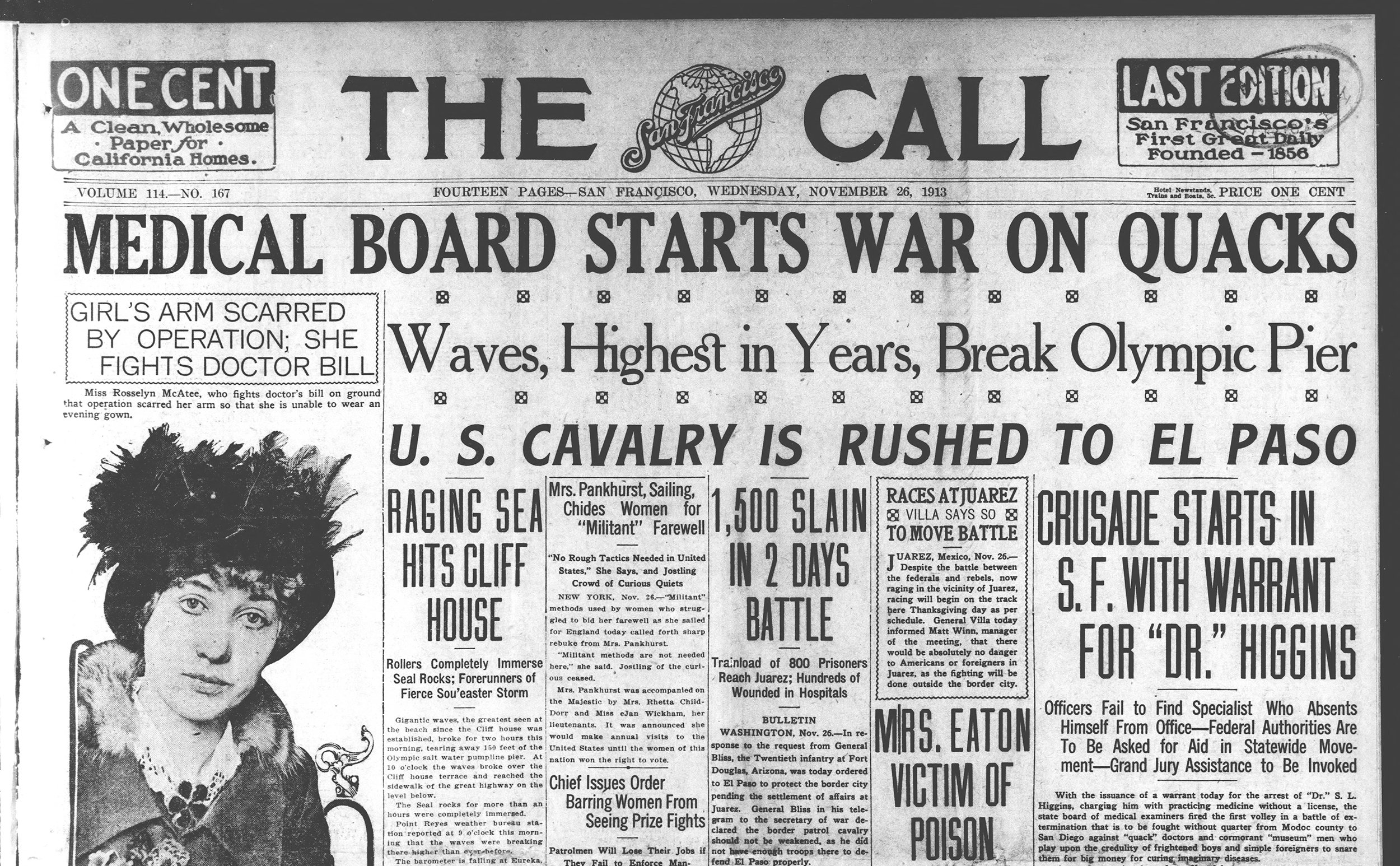
Making Your Collections Accessible
Cultural Heritage
Scalable solutions for the digital transformation of your content
For more than 20 years, Divide Divide Data has converted newspapers, books, journals, magazines, government records, and other historical content from analog to digital. Digital formats range from plain text files to simple PDF files to open standards such as METS XML + ALTO XML + images to custom client formats. DDD converts millions of pages every year from national, public, law, and university libraries as well as local and national archives in Europe, North America, Asia, the Middle East, and the Pacific. DDD operations uses multiple OCR engines and sophisticated workflow software.
“We’re proud to partner with an organization that supports education in data management and analysis, and we hope to continue this relationship long into the future.”
—ROPER CENTER FOR PUBLIC OPINION RESEARCH, CORNELL UNIVERSITY
Case Studies
UNESCO
Digital Preservation of at-risk records at the Tuol Sleng Genocide Museum in Cambodia
DDD was selected to digitize and preserve the Tuol Sleng Genocide Museum archives of Cambodia, a Cambodian high-school-turned-prison in 1975.
-
UNESCO partnered with DDD and The Brechin Group Inc to digitize and preserve the Tuol Sleng Genocide Museum archives of Cambodia to recognize its historical importance and increase awareness about the Cambodian genocide. The Tuol Sleng Genocide Museum, a Cambodian high-school-turned-prison by the Khmer Rouge in 1975, has a collection of over 400,000 documents. The archive contains photographs of over 6,000 prisoners, as well as elaborate handwritten “confessions” to real and imagined offenses, many extracted under torture, and other biographical records of prisoners and prison guards.
Together, DDD and Brechin undertook an extensive project to digitize the collection, assessing and improving conditions for optimal preservation. After receiving indexing and technical metadata training from Brechin, DDD associates were able to digitized the fragile collection. Approximately 400,000 documents were indexed and descriptive metadata was added. The digital files were then complied into a database in English and Khmer.
Additionally, Brechin trained the Tuol Sleng museum staff in preservation, digitization, and indexing techniques to continue preserving the collection as needed. Currently, DDD associates are building the website to host and disseminate the educational resources to thousands of online visitors.
National Museum of Kenya
Digital preservation, cloud-based digital archive and collections management for one of the world’s largest archeology and paleontology collections
DDD is enabling NMK to achieve their objectives by creating an entire digital records management, collections, and archiving system on the AWS Cloud.
-
The National Museums of Kenya (NMK) is the custodian of Kenya’s natural and cultural heritage. With over 10 million artifacts, fossils, and specimens, its collections represent the longest record of human evolution in the world. For years, NMK sought to preserve these rare and important collections through digital preservation to mitigate the risk of losing valuable information and records due to decay and the passage of time.
DDD is enabling NMK to achieve this objective by creating an entire digital records management, collections, and archiving system on the AWS Cloud. The DDD team is also digitizing the collections including undertaking 3D imaging, photometry, geotagging, geo-spatial analysis and training the NMK teams. Additionally, DDD is creating a virtual museum experience for the public, while providing access to the rarest of materials and artifacts to the research and academic community.
Dr. Mzalendo Kibunjia, Director General of NMK, said, “The searchable digital archive will not only be of immense value to researchers worldwide, but will also make our evolutionary history and culture more accessible to the younger generations which would foster a deeper and richer understanding of our heritage.”
Library of Congress
Digitizing and structuring over 2 million pages of cultural heritage and historical content
DDD worked with the Library of Congress and over 10 state and local institutions to digitize more than 2 million pages of historic newspaper archives.
-
The National Digital Newspaper Program (NDNP), a partnership between the National Endowment for the Humanities and the Library of Congress, is a long-term effort to develop an internet-based, searchable database of U.S. newspapers with descriptive information and select digitization of historic pages.
DDD worked with the Library of Congress and over 10 state and local institutions to digitize more than 2 million pages of historic newspaper archives residing in their collections. DDD encoded the text into METS/ALTO xml files with article segmentation and descriptive metadata to create an enhanced browsing and searching experience. With these files, the Library of Congress was able to create a digital archive to enhance the study of American history.
More than 50 leading universities and academic institutions around the world value our commitment to supporting higher education through our social impact programs. As a recognized industry leader in archive digitization, data enrichment, data tagging, and social research support, we are trusted by academic departments, libraries, archives, and research centers.
Universities & Research Institutions
Non-Profits & NGOs
As a non-profit social enterprise, DDD understands how NGOs, non-profits, international development organizations, and other mission-driven organizations operate. We offer efficient, competitively-priced specialized capabilities using a socially responsible model that allows your organization to create additional social impact.


















